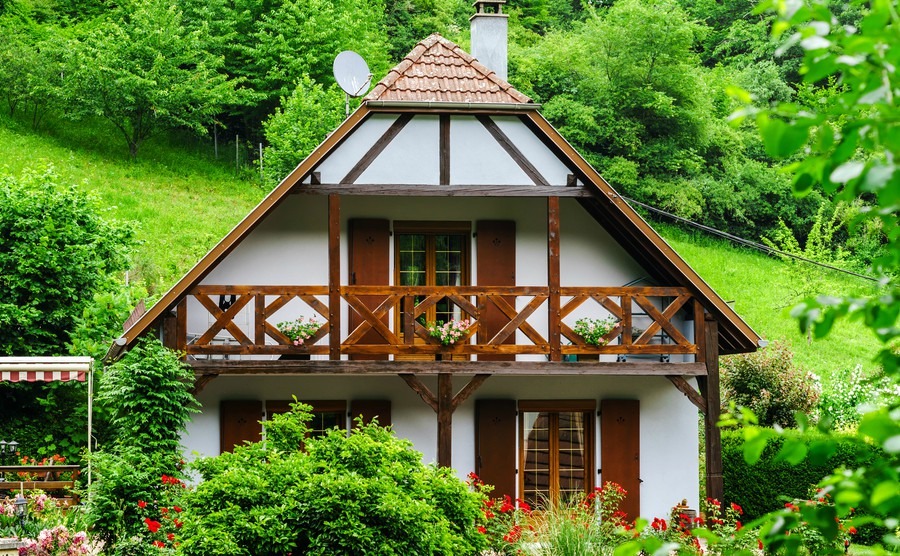Do your plans for 2017 include running a gîte in France? If so, read these seven pointers to get you started
– The word ‘gîte’ refers to any self-catering residence let to holiday-makers, including those owned by non-resident Brits and other foreigners. It is different to B&B accommodation (‘chambre d’hote’).
– These days, gîtes are expected to be well equipped and include all mod cons – previously you might have got away without including a TV, but not so in 2016. Typical must-haves include Wi-Fi, clear instructions in English for using the TV, satellite and DVD player, and a dishwasher – your guests are on holiday, after all.
Find homes in France via our property portal.
– Many expats live in properties that include a gîte or two, often attached to their actual home. They include retired people running a gîte as much for the social benefits as to top up their pension, semi-retired couples running a gîte while doing other employment locally, or people who set up complexes of gîtes as their sole source of income (those in the know recommend a minimum of three gîtes for this). In all cases, owners have the benefit of being on hand to chat to their guests and bring a personal touch to their gîtes, which absent second homeowners can’t offer.

Gites are expected to be well equipped these days
– Many expat gîte-owners find the easiest way to exist within the French tax system is to apply for a SIRET number and register as ‘auto-entrepreneur’. This requires them to contribute to the French welfare system through ‘cotisations’ (social insurance charges). However, depending on the number of gîtes an owner has and their personal situation, this may not be the best option.
– Property location and size make a difference to the success of a gîte. The occupancy of large gîtes tends to be limited to high season, when they attract extended families or two families staying together. Meanwhile, gîtes with the best occupancy levels have two-bedrooms as they are suitable for two couples, small families, and even single couples, so have a better chance of being occupied all year round. They’re also popular with people who need a base while house-hunting in the local area.
– In some areas of France, competition to get business can be fierce. This makes honest on-line marketing, with clear details of the property and local area, crucial to the success of a gîte. Make sure you include lots of nice photos and easy to understand language and descriptions.
– As the owner of a gîte, it’s more than likely you’ll need to levy a tourist tax on your guests, called the ‘taxe de sejour’ (whether you have to or not is left to the discretion of the local council). But don’t worry, typically this charge is only €0.50-€1 a night.










